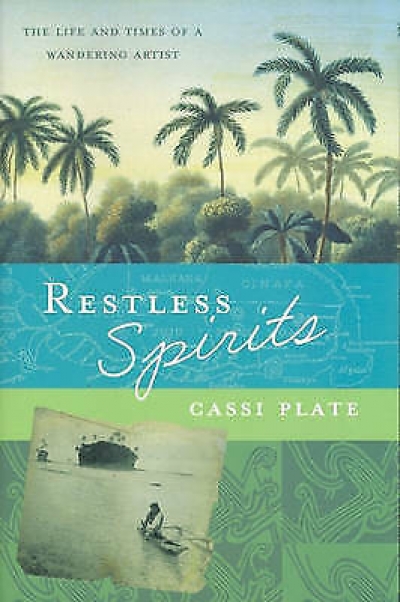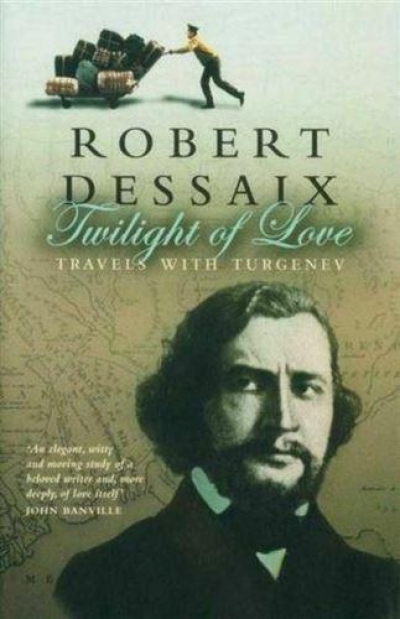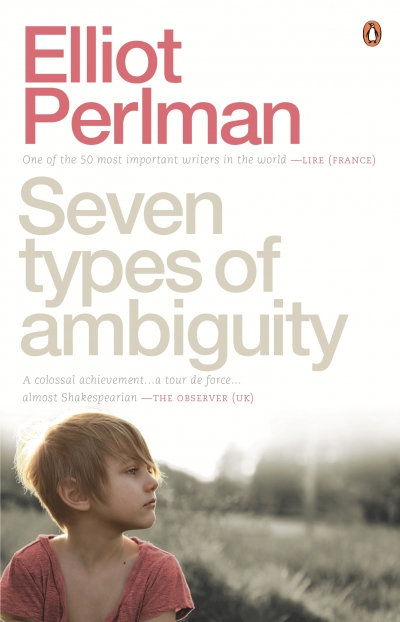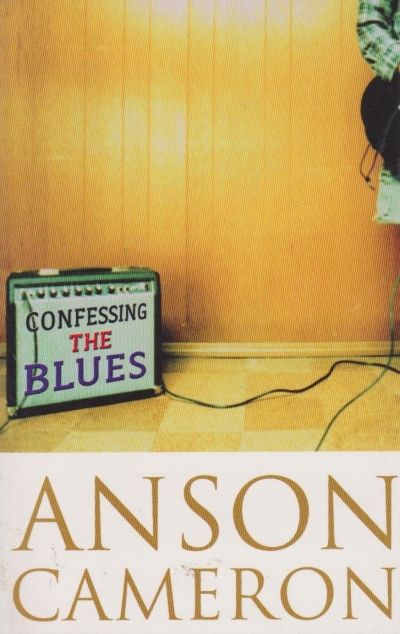Elliot Perlman made a bit of a splash a few years ago with Three Dollars (1998). Parts of the novel were underfictionalised in the most blatant way, parts of it seemed to represent nothing more than the fervencies of what Perlman thought (most of it staunch stuff agin globalisation), but it seemed undeniable that the life and times of these south suburban Melburnian wine and cheesers represented, in Australian terms, a piece of subject matter worth biting off.
It was a bit ridiculous that a book of fiction of rather manifestly modest literary ambitions should be published as the crême de la crême of literary fiction and then pretty much accepted as such. Perlman’s new book confounds the pretension and makes it well and truly the author’s own by purloining the title of one of the twentieth century’s greatest works of literary criticism and adding insult to injury by calling the protagonist’s dog Empson. One of the only times I have been cut by the The Age on the basis of something other than length was when I wrote about William Empson’s Seven Types of Ambiguity (1930) – because of the obvious topicality, given the barbarous appropriation – and concluded: ‘So in future, Elliot Perlman, call your dogs something else.’ But then, we live at a time when the latest wannabe fiction is more likely to command reverence than the work of a notable critic and poet. Not the least paradox, though, is that Perlman would be likely to agree.
...
(read more)









